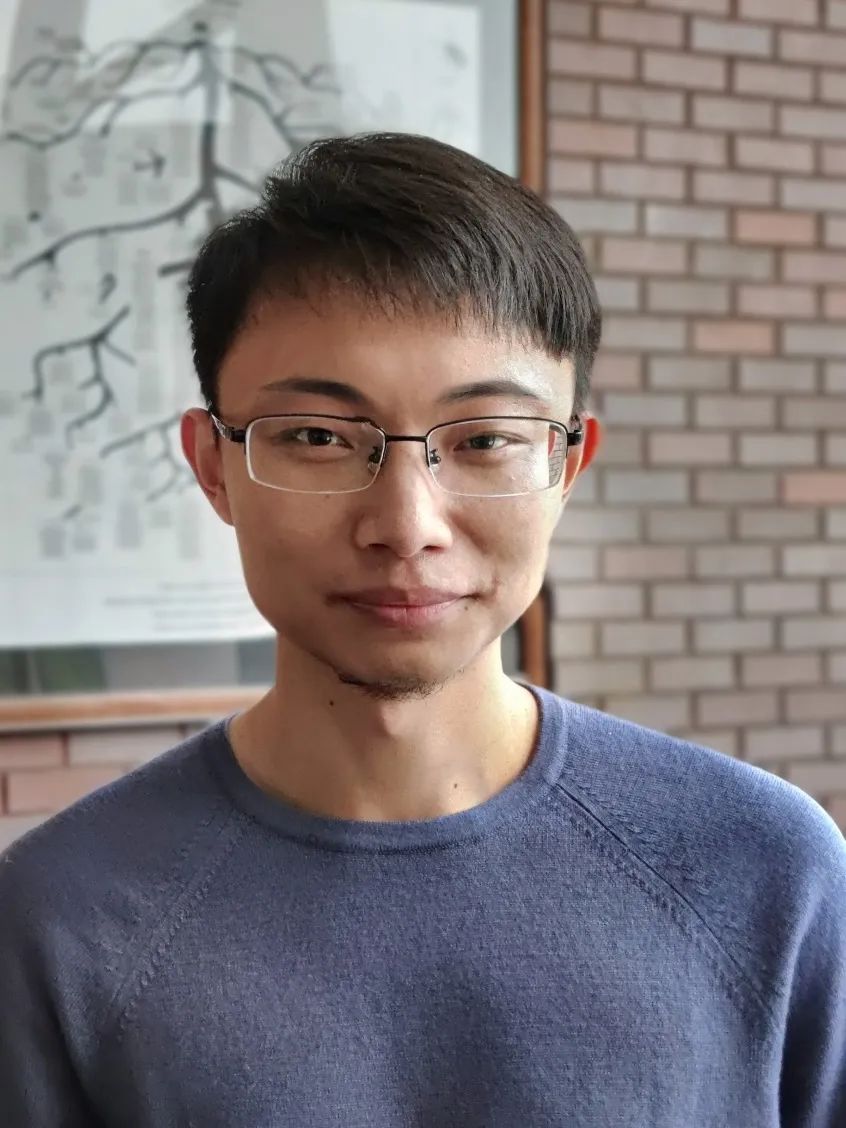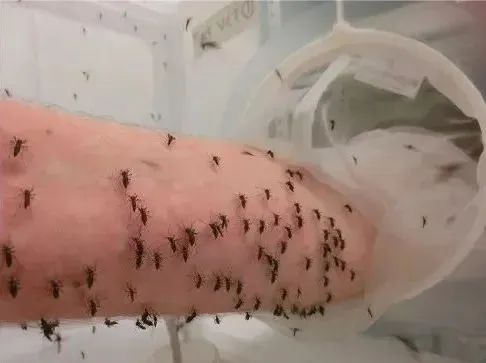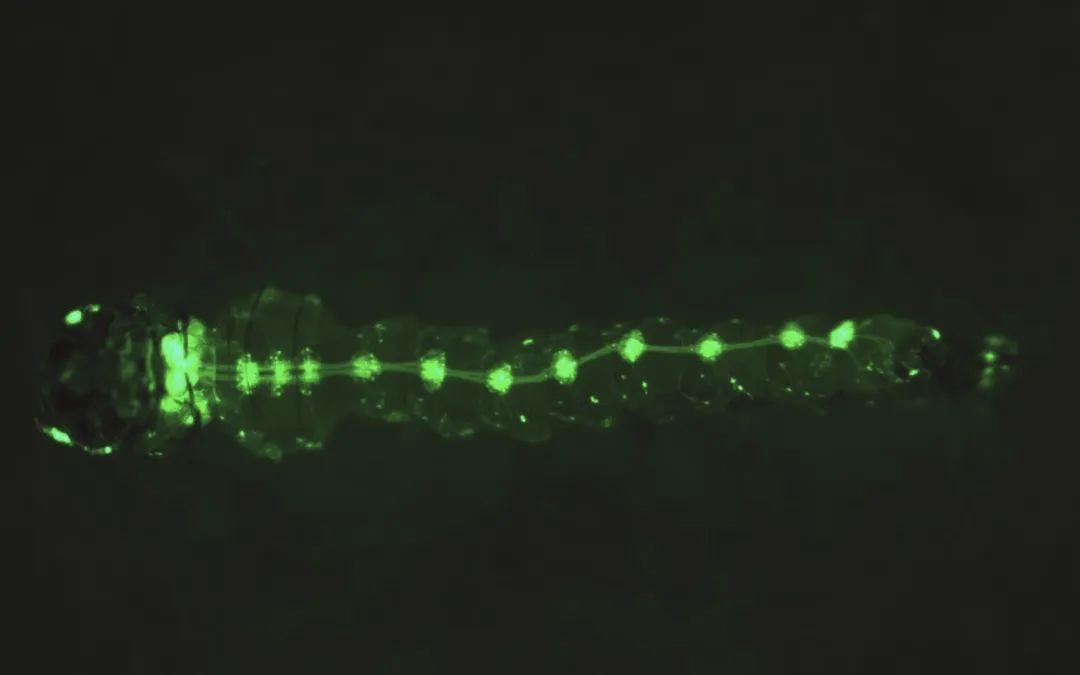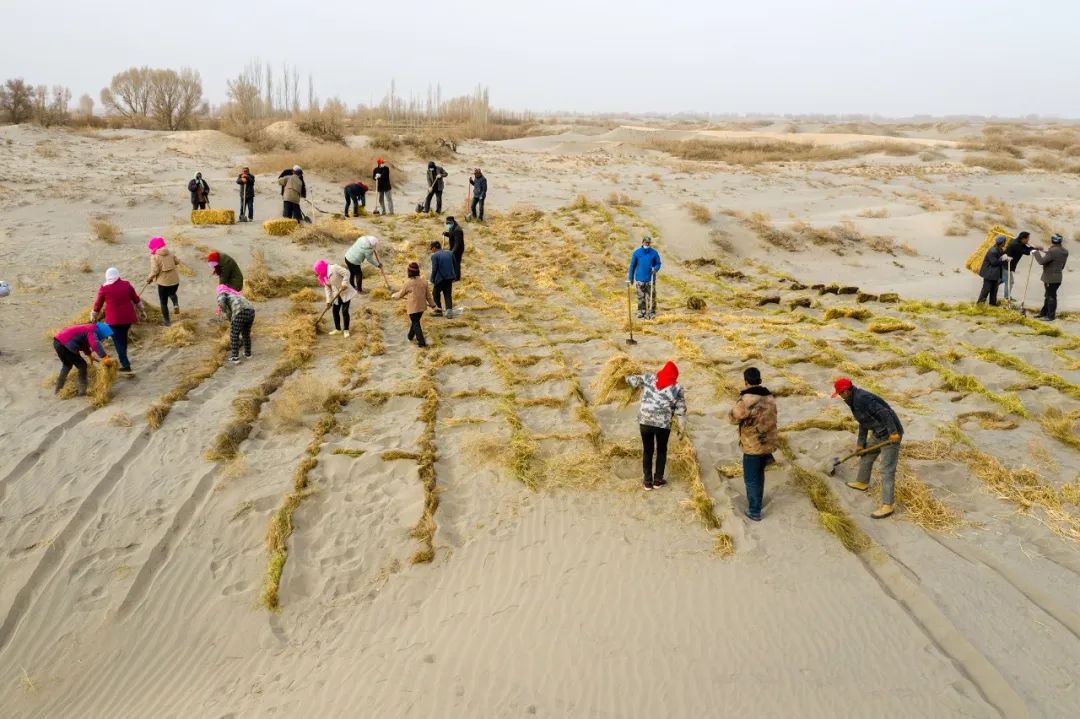"How do mosquitoes jin me?" For this, he asked the mosquito to bite for 6 years
Author:Journal of China Science Time:2022.06.30
Text | "China Science News" reporter Zhao Guangli
From the age of 23 to 29, Zhao Zhilei was almost drunk to study the bite mosquitoes.
"I have been thinking about the problems of researching in my mind, and do my best to achieve new progress. I have dreamed of the subject that I am studying more than once."
In an exclusive interview with the China Science News, the Ph.D. of the University of Princeton admits that he prefers the unique research: starting from a creature with a magical ability, revealing more universal laws.
Mosquito is one of them, "they have a very keen sense of smell." Finally, in May 2022, 30 -year -old Zhao Zhilei published a dissertation in "Nature" as the first author and communication author, explaining the brain activity of mosquitoes when looking for host (human).
In this study, he scientifically answered the question of "why mosquitoes bite me" that made many people scratch their heads.
Today, Zhao Zhilei has gone to Cornell University's neurobiology to conduct post -doctoral research. His postdoctoral subject was no longer a mosquito, but turned to the parrot.
This is a bit adventurous, but he is firm in his heart.
"If I continue to study mosquitoes, I can find faculty more quickly. But I am very interested in parrots. New technical means means that we can study its brain in depth. There are some important scientific issues. answer."

Zhao Zhilei

Zhao Zhilei's mentor stretched out his arms to feed mosquitoes.

No surviving genetically modified mosquito larvae interviewees confessed
Be sure to seize this opportunity
Zhao Zhilei was very curious about mosquitoes in her childhood.
In his hometown of Yunnan, there are many mosquitoes.
As soon as he entered the summer, he couldn't disturb every night, waking up and wrapping -but magical, except for his father.
"The family watched TV together, and the mosquito even bypassed him to bite us." Zhao Zhilei puzzled this.
Naughty he grabbed mosquitoes and placed on his father's arm, but mosquitoes were afraid to escape.
Mosquito is still picking people? If there is still a "selection criteria", what is this standard? This problem has been staying in Zhao Zhilei's mind.
After graduating from Peking University in 2015, Zhao Zhilei wanted to apply for a PhD in the United States.
In the selection, he found that a laboratory of Princeton University specializes in a tropical and subtropical mosquito -Egyptian mosquito.
The earliest mosquito that originated in Africa magically flew to all parts of the world in less than 10,000 years. Moreover, they still like to bite more and more, they seem to be "professional households."
During the interview, Lindy McBride, the assistant professor of the laboratory, showed him an experiment: let a hundred hungry mosquitoes choose to bite people or animals. As a result, almost all mosquitoes quickly chose the side of the person.
She told Zhao Zhilei that although everyone knew this phenomenon very early, it was a mystery to distinguish between people and animals in what mechanism did mosquitoes distinguish between people and animals.
The operation of mosquito mystery made Zhao Zhilei very excited, and decided to join the laboratory on the spot to solve the puzzle.
With the deepening of mosquitoes, in addition to curiosity, Zhao Zhilei "gradually has a sense of mission."
Mosquitoes are not only annoying, but they are very dangerous. They can efficiently spread the fatal virus in humans.
When reading the literature, Zhao Zhilei saw a set of numbers: Statistics of the World Health Organization, about 720,000 people died of mosquito media diseases such as malaria and dengue fever each year.
This is simply an astronomical number. He thought: "If I can figure out how these mosquitoes are accurately distinguished by people and animals, it is possible to develop an efficient method of mosquito and mosquito repellent, thereby reducing the mosquito brought by mosquitoes to people. harm."
In fact, this problem has been studied for decades and has not made a breakthrough. The reason is that scientists can use limited technical methods that can be used on mosquitoes.
However, it is different now.
Zhao Zhilei thought he was lucky. "At this time node I joined the research of mosquitoes, there were just a group of powerful technologies, such as gene editing technology and calcium imaging technology. We realized that using these latest technologies to the study of mosquito may be made, and breakthroughs may be made. ","
This is a golden age of studying mosquitoes. Zhao Zhilei was lucky enough and "desperately". He must seize this opportunity.
Should mosquito feed blood? Give, arm!
Mosquito is the first level.
It is okay to collect mosquito eggs in the wild and bring back to the laboratory to incubate, but how do you raise it? In other words, how to give them blood?
Egyptian mosquito does not like the blood of animals. The method of "using thin plastic film to simulates the skin to wrap rabbit blood" commonly used in laboratories is not very effective. The simplest and efficient way is to directly reach the cage of mosquito to raise the arms.
Is this dangerous? Zhao Zhilei explained to the China Science News that this method of feeding mosquitoes was approved by the ethics committee on the basis of understanding mosquito biology.
Of course, this follows the principle of completely voluntary.
Moreover, this method does not cause the spread of the disease.
He explained that mosquitoes are only the medium of pathogenic transmission, not the source of it, and it will not spread intergenerational. Therefore, the mosquitoes incubated from eggs in the laboratory are very "clean" and do not carry pathogens.
At the same time, the laboratory has clearly stipulated that the same batch of mosquitoes can only be "supported" by the same person, so it does not cause people to pass on the situation.
In Lindy McBride's laboratory, there were "ruthless people" colleagues set a record of feeding 3,000 mosquitoes within a day. Zhao Zhilei, who is slightly thin, has a record of 1,500.
For the first time feeding mosquitoes, his arm swelled and itching for a long time.
Later, Lindy McBride allowed him to continuously rinse with hot water (accelerating the blood circulation of the skin), and then slowly swollen.
A few months later, Zhao Zhilei couldn't feel itchy with her hands. He said that this was because "the immune system has adapted."
With mosquitoes, you can collect "human taste" and various animal smells to find the differences in the smell, and then verify what odor they are interested in through mosquitoes.
Zhao Zhilei told the Journal of China that the way they collected "human taste" were also excellent. After the whole person took off, he lay in a clean plastic bag, and then passed into a clean air to the plastic bag. "Humanistic".
However, this process is slightly long, and people have to lie in a plastic bag for two hours.
Through comparison, the research team has discovered that there is no kind of chemical molecules of human scent compared with animals, but there are many particular molecules, such as decidants and dimer Geonone.
These two molecules are the products of oxidation and decomposition of the human sebaceous glands secreted by the sebaceous glands.
These oily substances and animals are almost not secreted, which also explains why "human taste" is so special.
Next is to figure out why mosquitoes like "humanity" so much.
Failure is also an important part of evaluation contribution
In order to explore this issue, their experimental solution Shi was shocked: "craniotomy surgery" for mosquitoes to see what is "thinking" in its mind.
If you can know which part of the brain area is activated when he smells "human taste", they can further verify whether the mosquito brain has a soft spot for certain specific molecules (such as decidants or dimensions).
Cracking this problem, not only can decrypt the standards of mosquito selection in one fell swoop, but also to "catch mosquitoes" -compared to the "human flavor" composed of hundreds of molecules, specific chemical molecules are more likely to be manufactured and stored, which is more convenient for it to make it easier for Make a new type of mosquito.
The mystery is indeed within this assumption. They have found that mosquitoes like people with moderate deciamlate content in the body.
Zhao Zhilei explained that a potential reason is that there are few or many people in the crowd. If mosquitoes tend to like such people, the probability of finding the right person will be reduced, which is not conducive to reproduction.
But in research, mosquito's "craniotomy" is not so easy to do -they have to let the mosquitoes be alive.
Gene editing technology makes this bold experiment feasible. By editing mosquito genes, the nerve cells in the brain of mosquitoes are particularly marked to let them express fluorescent protein. When the nerve cells in a mosquito are activated, fluorescence will be enhanced, so that which brain area is activated Essence
However, the success rate of gene editing mosquitoes is too low, not even 0.1%.
For the first time, Zhao Zhilei made a gene editing and worked hard for nearly 6 months before screening several fluorescent larvae.
At that time, he was very excited and thought it would be successful, but within a few days, these fluorescent larvae were "overwhelmed by the whole army."
"At that time, I was in a bad mood. But calm down and carefully analyzed, in fact, the negative results also laid the foundation for our later success."
Zhao Zhilei said that a good experimental design, regardless of whether the result meets the initial expectations, provides very useful information, can be used to continuously correct and improve our understanding of nature, "this is also an important part of our contribution to this field" " Essence
In this way, it took 5 years, and the research team has successively created experimental genetically modified mosquitoes.
They found through experiments that although there were nearly a hundred chemicals in human smells, only two areas were activated in the primary olfactory brain area of mosquito.
They are matched with a mixture containing only two chemical molecules to activate these two brain areas, and found that it has a strong attraction to mosquitoes, just like the smell of real people.
"We applied for a patent and hoped that this mixture can be applied to mosquito catcher to attract mosquitoes." Zhao Zhilei revealed that there are already several companies that develop mosquito control products to negotiate with them the transfer and cooperation of patents.
In addition, Zhao Zhilei said that his colleague is exploring another idea: if a compound can be screened, it can specifically suppress the two brain areas that are "human", then this compound may be regarded as a mosquito repellent Use -it will interfere with mosquito sniffs.
Choice of adventure
After graduating from the University of Princeton to the study parrot, Zhao Zhilei made an adventure choice.
Prior to this, Zhao Zhilei had a "open" life: the science champion of Dali Prefecture, Yunnan, was admitted to Peking University to study biological engineering major; after graduating from Peking University, he went to Princeton University to study mosquitoes; study.
He has his reason. Zhao Zhilei told reporters that similar to mosquitoes, parrots also have a magical ability: they can quickly imitate the same type of calls around the wild, and they will imitate people to speak when they are treated as pets.
"They have very interesting social behaviors and cognitive abilities. This powerful learning imitation ability is rare in nature." Zhao Zhilei said that there is a point of view of academic circles that the reason why human beings are so successful in evolution is because it is because of its success in evolution because it is because of its success in evolution because People can quickly learn imitation. Therefore, he felt that "parrot is a very good model" to study the mechanism of learning imitation.
Zhao Zhilei revealed that his current research focuses on the role of dopamine in the brain in the process.
The road was full of unknown and even challenged, but Zhao Zhilei claimed to be "firm in heart."
He told the Journal of China that he was very interested and liked to read the history of science and character biography.
"These usual accumulation may be quite useful when choosing. Because there is a general appearance in the brain, what kind of breakthroughs can be brought about by what is more important and new technical means, and you can have your own understanding of your own understanding. ","
He also attributed his past achievements to his luck. "I think it should be choosing, hard work, plus some luck. From a personal level, I am fortunate to be born in a family that pays attention to education. Said, I am very lucky to live in an era that advocates high -speed development of science and technology. "
Related thesis information:
https://doi.org/10.1038/s41586-022-04675-4
"China Science Journal" (2022-06-30 The original title of the character "Six years of mosquito only to clarify one mystery")
not
Edit | Zhao Lu
Capture | Guo Gang

- END -
[Central Media see Gansu] Jinda County: Dare to change the desert to oasis

From the desert Gobi to the green eyes, from the retreat from people to the sand t...
Hubei: Rural construction respects the wishes of farmers, and farmers look forward to drying

Xinhua News Agency, Wuhan, June 14th: Hubei: Rural construction respects the wishe...